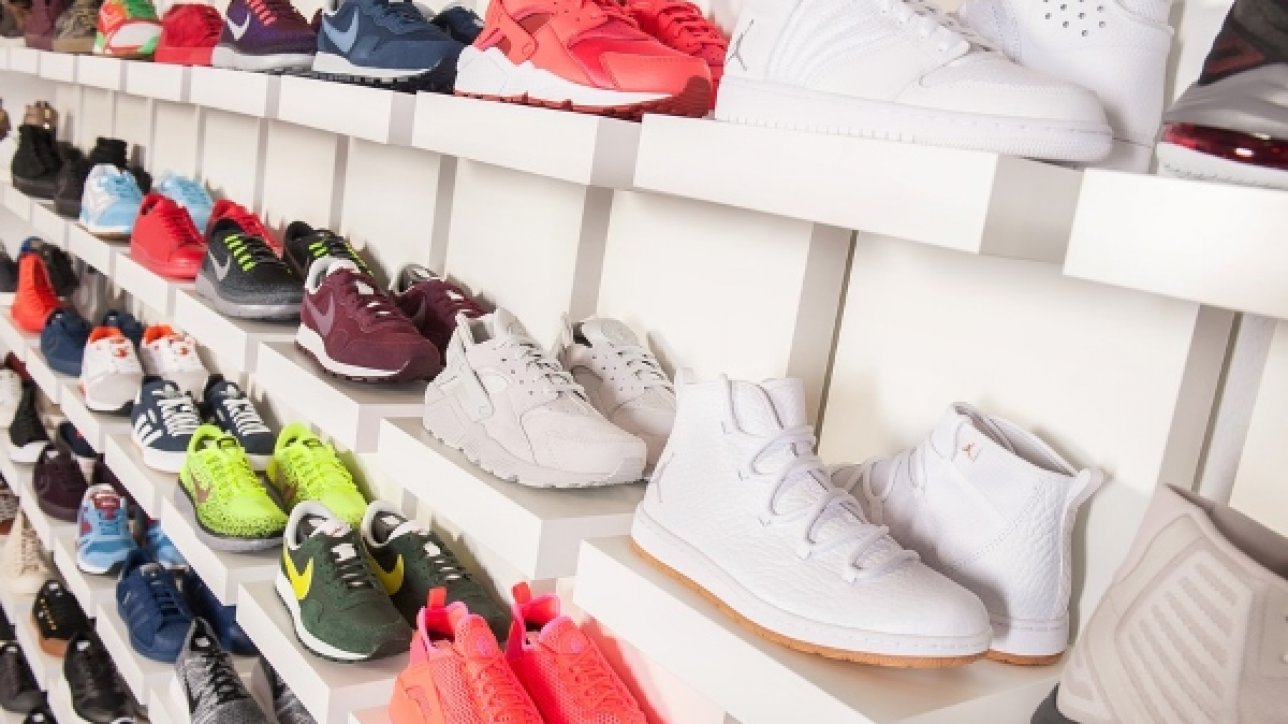It’s a new year but the statistics are clear – counterfeiters are going to be winning in the new decade unless businesses find more innovative ways to protect their brand.
- US$323 billion – the estimated damages caused to the global economy in 2018 due to counterfeit goods
Every industry, sector and category has become a target of global counterfeiters. Fake medical supplies, cosmetics, clothing, car parts, prescription drugs, food and even toys are flooding markets around the world and businesses are losing revenue and customers as their brand value is eroded.
- 154% – the rise in international trade of counterfeit goods from US$200 billion in 2005 to US$509 billion in 2016
Despite overall trade volumes stagnating in the years leading up to 2016, trade in counterfeit and pirated goods now stands at 3.3% of all global trade according to the Organization for Economic Cooperation and Development (OECD). Given that these figures don’t even take into account fakes produced domestically, or those distributed over the internet, the scale of the problem is clearly much bigger and continuing to grow.
- #1 Footwear – 22% of the total value of counterfeit goods seized by customs in 2016 was footwear, making it the most faked product category
Luxury brands like Michael Kors, Gucci and Louis Vuitton, as well as mass-market brands such as Nike and Adidas, are losing billions each year due to fake footwear being shipped all around the world. In second place was clothing (18%), followed by leather goods (13%), electrical equipment (12%) and watches (7%).
- 1 in 4 – the number of consumers that reported unknowingly purchasing non-genuine goods online
The use of small parcels shipped through postal or express services, which are usually exempt from customs regulations, are increasingly used to send fakes around the globe. Trump administration officials estimate that more than 100,000 packages a day arrive from China that contain items that could defraud or harm Americans. The top item seized from small shipments is again footwear, followed closely by sunglasses and tech devices. Worryingly, a 2016 study found that 99% of fake iPhone chargers failed critical safety tests, with some causing electrical shocks and even fires.
- #1 United States – 24% of fake products seized in 2016 concerned brands and patents from the US, making it the country most affected by counterfeiting
The next country most affected was France (17%), followed by Italy (15%), Switzerland (11%) and Germany (9%). A growing number of businesses in Singapore, Hong Kong, China and Brazil are also being targeted, and the damage can be far reaching and long lasting. For example, it is estimated that 88,000 jobs in Italy have been lost due to counterfeiting.
- US$3.1 trillion – the amount of money the wine industry stands to lose by 2022 if fake wine continues to circulate
With global wine sales set to reach US$146.50 billion by 2021, fake wines are a lucrative business for counterfeiters. The most common forms of wine fraud include refilling authentic bottles with substandard wines, substituting popular vintages for less well-known ones, deliberately using grapes from the wrong varietal or region and reselling wines that have been damaged in floods and fires without disclosing the damage.
Just like finding a way to market to Gen Z, or discovering new solutions to lower costs along your supply chain, it’s obvious from these statistics that protecting your brand from counterfeiting must be a core business function in 2020.
YPB has a number of high-security and patented technological solutions that can be tailored to meet your needs. For instance, our MotifMicro technology is the world’s first smartphone readable authentication technology – invisible to the human eye it can be read by any smartphone. Plus, our covert tracer embedded QR code, ProtectCode is our highest security anti-counterfeit product and it allows scanner-based authentication throughout the supply chain.
When linked to our Connect Platform your brand can gather valuable data and information about your customers, and provide peace of mind to consumers that your product is genuine. The Connect Platform makes sure authenticity triggers engagement and can provide information and marketing campaigns direct to customers in an omnichannel environment.
Don’t let your brand become just another bad statistic – contact YPB today to find out how we can protect your brand in 2020.

